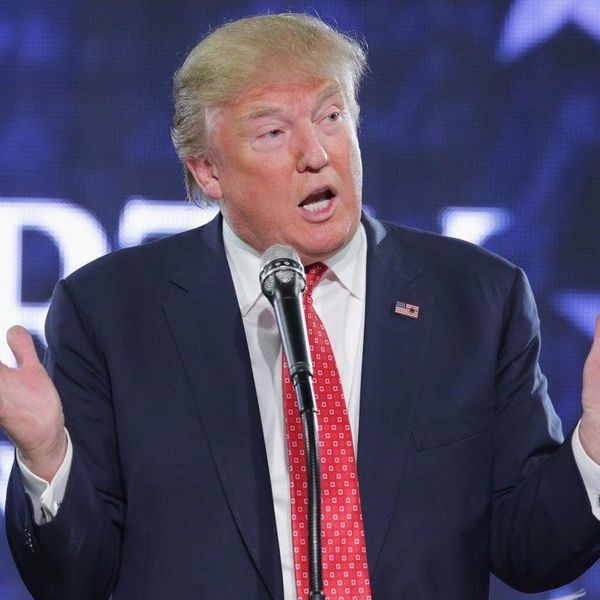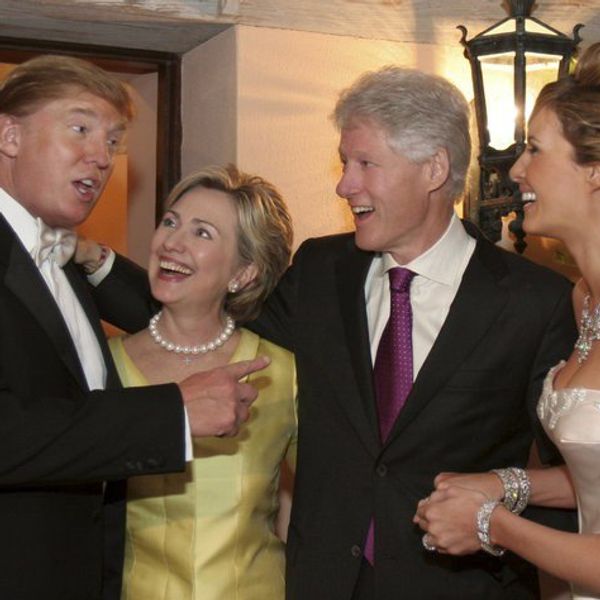It has been a disastrous two weeks for the Republican party. Speaker of the House, Paul Ryan boldly dropped Republican nominee Donald Trump and stated that he refused to campaign with him for the rest of the presidential race. He announced his removal from the campaign following the combative second presidential debate. Furthermore, many GOP leaders have been withdrawing their endorsements and distancing themselves from him after a tape from 2005 was released where Trump was bragging about groping women without consent.
Trump quickly struck back and tweeted that Ryan, “should spend more time on balancing the budget, jobs and illegal immigration and not waste his time on fighting (the) Republican nominee.” His senior communications adviser also responded to Mr. Ryan’s remarks stating that “Nothing’s changed. Mr. Trump’s campaign has always been powered by a grassroots movement, not Washington.” Although Trump and his supporters are quick to react to Ryan’s statements, the damage to the Republican party’s presidential campaign has already been inflicted.
Ryan’s move not only broke any remainder of Republican party unity but also received fierce backlash from his own caucus. While some Republican politicians agree with Ryan, others, who either desire Republican unity or support Trump, are furious with his recent statement. In relation to this growing turmoil and divisiveness in the Republican party, former Republican senator Judd Gregg stated: “It’s every person for himself or herself right now.” According to the Washington Post, in an attempt to stifle the backlash, Ryan announced that “he was not withdrawing his endorsement of Mr. Trump, but rather doing what he felt was in the best interests of the House”; however, the damage from his statement had already been done.
Mr. Ryan’s move may be detrimental to the success of the Republican party in the White House, and in maintaining a Republican House majority. Although he attempted to withdraw his support for Trump in order to focus on defending a Congressional majority, his move may have come too late for the GOP.
At this point in the election, Ryan’s move has only helped to successfully dismember the Republican party because it further instigates inner party conflict. The Republican party is now further divided into those who support Trump and those who do not. If Mr. Ryan had dissociated himself from Trump earlier, or even, in terms of making the smart political move, kept a low profile throughout the presidential race, he could have been more successful in relation to saving the Republican Congressional majority. Now, with growing public support for Clinton over Trump, and the destruction of the unity of the GOP, it is going to be much harder for Ryan to salvage a Republican majority in the House.
Mr. Ryan’s move concedes a presidential win for the Democratic party, and with the growing decline of Trump’s popularity and the popularity of the Republican party, this move may well be a win for the Democratic party, both in the White House and in Congress.




















